Keywords: Transition
There are more than 200 results, only the first 200 are displayed here.
-
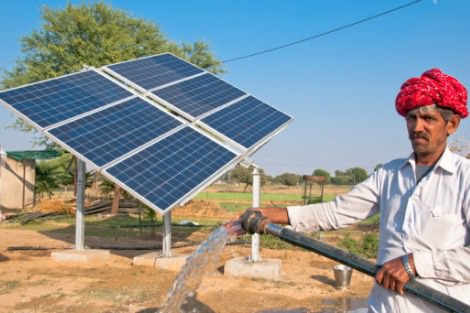
ENVIRONMENT
- Ketan Joshi
- 06 April 2017
1 Comment
A 2015 cartoon by Bill Leak depicts an Indian family squatting, smashing solar panels to pieces. A woman chews on a shattered piece of glass, and a man attempts to smear mango chutney onto glistening shards. The initial reaction centred around the racist depictions of Indians. But it also represents a broader and worrisome attitude towards global energy politics, that assumes idiocy in developing countries, combined with a push to burden them with the dangerous wares of a dying industry.
READ MORE 
-
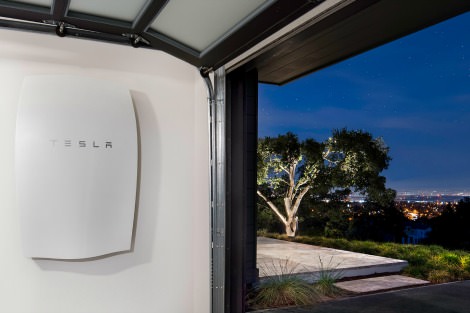
ENVIRONMENT
- Francine Crimmins
- 27 March 2017
14 Comments
Earlier this month Tesla launched the Powerwall 2. In the transition to renewable energy, it may be the biggest disruption to hit traditional energy companies yet. In fact, it's probably their worst nightmare. Our role in energy under this innovation has changed from us being consumers to possibly all being providers. Just as Uber disrupted taxis and Airbnb disrupted traditional hotel chains, so too will the Tesla battery change our relationships and transactions with energy.
READ MORE 
-
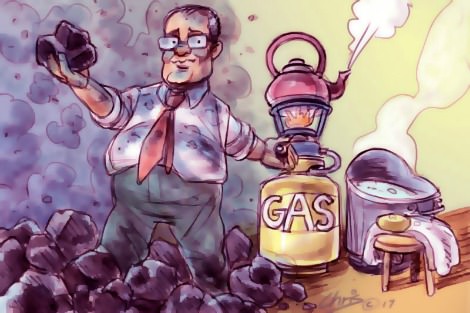
ENVIRONMENT
- Greg Foyster
- 23 February 2017
10 Comments
Australia's most politically contentious rock is back in the limelight after Prime Minister Turnbull spruiked 'clean coal' power stations in early February, and Scott Morrison brought a lump of the stuff to parliament. It was a juvenile act, but an effective one: here we are again, still talking about coal weeks later, when the real energy policy battle is over gas. But that's how it goes - a pitch for a new coal-fired power station in Australia is actually a clever exercise in repositioning gas as a greener fuel.
READ MORE 
-
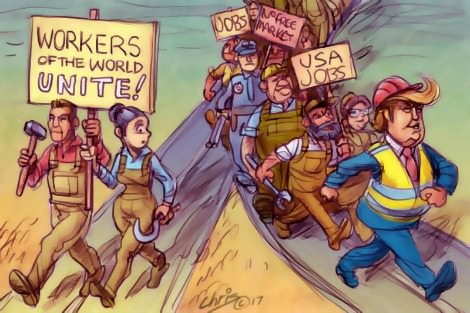
INTERNATIONAL
- Colin Long
- 10 February 2017
15 Comments
Much commentary on Trump's victory has veered between two explanations: either there is large proportion of the electorate with 'deplorable' attitudes to women and minorities; or economic dislocation has produced an angry white working class eager to punish political elites. These explanations are not mutually exclusive. The willingness to ignore or welcome Trump's misogyny is a symptom of the undermining of a deep sense of masculinity that, for some men, is their primary identity.
READ MORE 
-
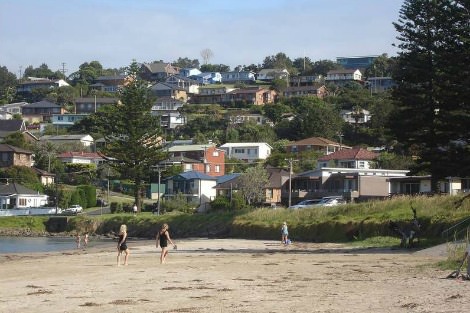
AUSTRALIA
- Andrew Hamilton
- 24 January 2017
16 Comments
The enjoyment of the holidays did not soften the mayhem and malice of the public world and the people whose lives and happiness are so destroyed by them. It held in mind the images of death and diminishment, but set them on a canvas of thanksgiving for the ways in which kindness and humanity are embodied in people's lives, for the strength and delicacy of relationships that we take for granted, and for the gift of a beach holiday that is an impossible dream for so many Australians.
READ MORE 
-

AUSTRALIA
- Neve Mahoney
- 14 December 2016
7 Comments
If the political trash-fire of 2016 has taught us anything, it's that white moderates are more than willing to throw minorities under the bus in order to preserve the status quo. It comes out in their tone policing. It comes out in calls for 'respectful' dialogue without considering how socio-political power structures mean minorities are always at a disadvantage in those kinds of conversations. Whiteness has always been a moving target and has more to do with power and privilege than skin colour.
READ MORE 
-
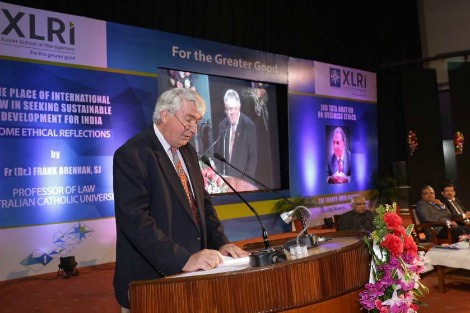
ENVIRONMENT
- Frank Brennan
- 02 December 2016
9 Comments
Neither India nor Australia can go it alone when confronting a global issue such as climate change. India cannot disregard the effects on other nations when it adopts laws and policies for alleviating the poverty of the poorest of the poor. Australia cannot disregard the effects on other nations when it considers restricting the availability of resources for export such as coal which might help provide electricity for the world's poorest citizens.
READ MORE 
-

ENVIRONMENT
- Frank Brennan
- 28 November 2016
'No matter what the economic, political and legal problems confronted by modern day India, our response can be improved by an application of the key principles and norms developed in the international law of trade and human rights, helping to enunciate the realm of law, regulation and political accountability, enhancing public scrutiny providing the right environment for doing business.' Frank Brennan presents the 25th JRD Tata Oration, Xavier School of Management, Jamshedpur, India, 26 November 2016.
READ MORE
-
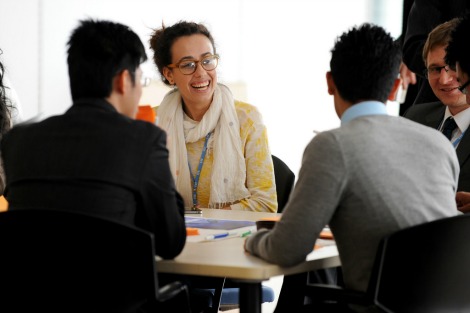
AUSTRALIA
- Sonia Nair
- 28 November 2016
11 Comments
Belonging to a generation where I was constantly told I could do anything I set my mind to, I was carted off to every class imaginable as a young child - art class, violin class, music theory class, English literature tutoring and so forth. But the advent of unparalleled choices that was constantly peddled to me did not coincide with an increase in the spaces that are available for young people to excel, or much less be employed, in the fields of their choice.
READ MORE
-

ARTS AND CULTURE
- Carol O'Connor
- 21 November 2016
6 Comments
Counting angels dancing on a pinhead? How about, making count the stranger who stands right in front of me ... Love lies hidden. Quick! Look under the moss, hear the stone sing ... Mother Earth is groaning ... Dislocation. Disconnection. Displacement. Only you, only you, only you can take us home.
READ MORE 
-

AUSTRALIA
- Kasy Chambers
- 18 November 2016
5 Comments
Corey has received housing through a St Vincent de Paul's refuge in Canberra and food assistance through Anglicare. Corey did not complete year ten, and has had a number of odd jobs since leaving school. Corey is passionate about gaming, and will often spend hours on the computer, filling in time after losing his job recently. He says he would love to do some training in gaming, but that his Job Network provider didn't have the money to support him in such training.
READ MORE
-
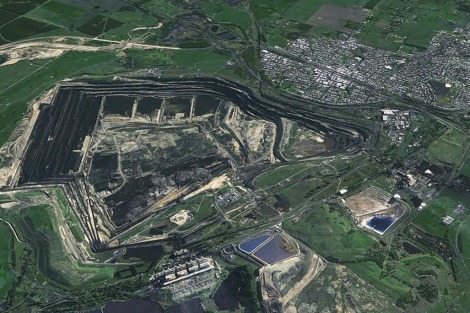
ENVIRONMENT
- Jarni Blakkarly
- 09 November 2016
4 Comments
The death-knell was sounding for Hazelwood long before the announced closure last week. The 50 year old power plant is one of the country's oldest and most inefficient, making it extremely vulnerable to the lower electricity price and supply surplus. As the most polluting power plant per unit of energy produced in the industrialised world, many will be glad to see the power station go. But its closure also flags a rising dilemma, over who bears the cost of the transition to clean energy.
READ MORE 